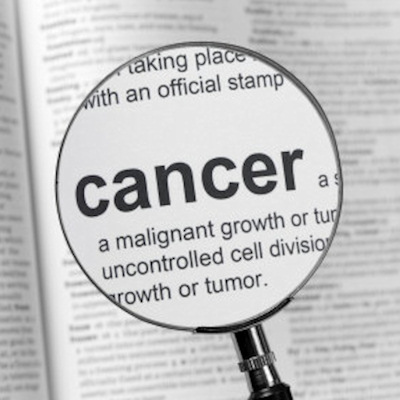April 4, 2023 -- An observational study in England found major ethnic, religious, and social differences in the risk of testing positive for SARS-CoV-2 between the second and third waves of the pandemic.
The research, published Monday in the open-access journal BMJ Medicine, found that the risks were highest for Bangladeshis, Pakistanis, Muslims, Sikhs, and disadvantaged people in wave two, and highest for white British, Christian, healthy, and relatively affluent individuals in wave three.
While the pandemic affected all areas of the U.K., some groups were more affected than others. But the social and demographic inequalities underpinning the infection rates were unclear.
Seeking to learn more, the researchers drew upon national census, health, death, and SARS-CoV-2 test data for 39 million people aged 10 or above, to calculate the relative risk of testing positive during the second and third waves of the pandemic. Just over half the participants were female. The average age was 47, and most identified as white British. Under 5% identified as white other, 3% as Indian, 59.5% as Christian, 25.5% as having no religion, and 5% as Muslim. Positive test results occurring from September 1, 2020 through May 22, 2021 were classified as the second wave, and those from May 23, 2021 through December 10, 2021 as the third wave.
During the study period, 5,767,584 people (15%) tested positive for SARS-CoV-2. During the second wave, the risk of testing positive was highest for Bangladeshi (75% higher) and Pakistani (69% higher) people than it was for white British people. Similarly, Muslims and Sikhs were 51% and 64% more likely to test positive than were Christians. Rates were lowest for those with no religion or Buddhists: their risks were 12% and 16% lower, respectively, than for Christians. Social and economic disadvantages, living in a care home or urban area, and low English-language proficiency were also associated with higher risks of testing positive. However, during the third wave, Christian, white British, those without concurrent conditions or disabilities, and relatively affluent individuals all had a higher risk of testing positive.
One possible explanation for the observed differences, according to the researchers, was that by the third wave, levels of population immunity were higher for groups that had the highest case rates in the first and second waves. Changes observed in wave three compared with wave two might be attributable to changes in testing behavior in response to vaccination rollout, changes in perceived risk of infection or reinfection, and policy changes related to isolation periods and compensation after testing positive.
"Further research is needed to understand why these inequalities exist and how they can best be addressed through policy interventions," the researchers wrote. "Continued surveillance is essential to ensure that changes in the patterns of infection are identified early to inform future public health interventions."
Copyright © 2023 scienceboard.net













